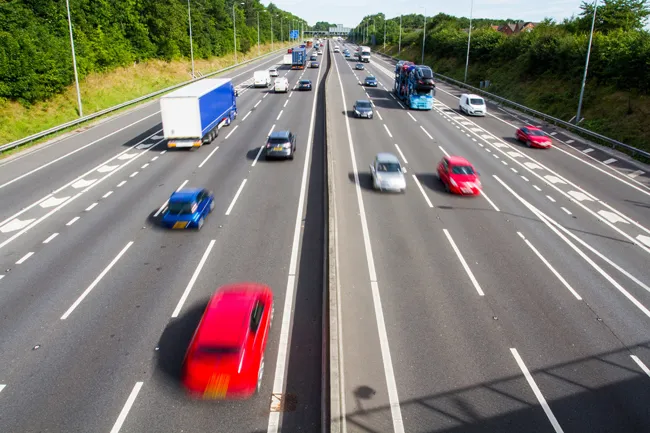Electric vehicles and hybrids should be fitted with noise emission equipment to reduce danger levels for the blind and partially sighted, according to the European Blind Union (EBU). The EBU is calling on the EU to make noise generators compulsory for all electric and hybrid vehicles due to the obvious risks these pose to blind and partially sighted people. Hybrid vehicles generally run in electric mode when operating at lower speeds in the urban cycle and generate very little engine noise, while electric v
January 9, 2014
Read time: 2 mins
Electric vehicles and hybrids should be fitted with noise emission equipment to reduce danger levels for the blind and partially sighted, according to the European Blind Union (EBU). The EBU is calling on the 3287 EU to make noise generators compulsory for all electric and hybrid vehicles due to the obvious risks these pose to blind and partially sighted people. Hybrid vehicles generally run in electric mode when operating at lower speeds in the urban cycle and generate very little engine noise, while electric vehicles are almost always quiet in use. For blind and partially sighted people relying on hearing the sound of approaching vehicles, this poses a major traffic hazard. A study carried out in Japan did reveal worryingly high levels of traffic incidents involving blind and partially sighted people and low noise hybrid vehicles operating in urban areas.
There is legislation being set out in the EU but according to the EBU, progress is too slow while the fact that these systems can be turned off by the driver may make them useless in any case. In the mean-time, some 30 million blind and partially sighted people in Europe are at risk. And electric and hybrid vehicles also pose a hazard to other vulnerable road users too, with children and cyclists particularly at risk.
There is legislation being set out in the EU but according to the EBU, progress is too slow while the fact that these systems can be turned off by the driver may make them useless in any case. In the mean-time, some 30 million blind and partially sighted people in Europe are at risk. And electric and hybrid vehicles also pose a hazard to other vulnerable road users too, with children and cyclists particularly at risk.







